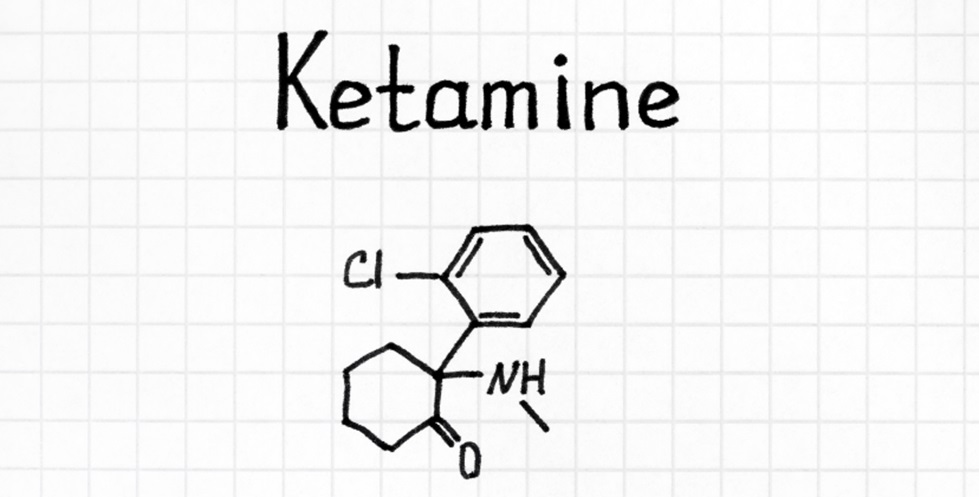
Ketamine Infusion Therapy: What to Expect During a Treatment Session?
Depression is debilitating and affects millions around the world. Traditional treatments like antidepressants and psychotherapy can help, but sometimes they’re not enough. In recent years, ketamine infusion therapy has emerged as a promising alternative for people struggling with treatment-resistant depression. In this article, we’ll look at what to expect during a ketamine treatment session and dive into its benefits.
Preparing for Your Session
Before undergoing the treatment, a qualified healthcare provider for ketamine treatment in Maryland will likely evaluate your medical history and assess your current mental health status. This is to ensure that you are a suitable candidate for this therapy. They may also instruct you on how to prepare for your session.
The Ketamine Infusion Process
During a ketamine infusion therapy session, you will be comfortably seated in a relaxing environment. A healthcare specialist will administer the ketamine intravenously (through an IV) over the course of 40 minutes to an hour. Throughout the infusion, vital signs like heart rate and blood pressure will be monitored to ensure your safety.
The Importance of Comfort and Relaxation
It is common for patients to feel a sense of disconnection from their surroundings during the infusion process. This is a normal reaction to the anesthesia and can even be helpful in allowing the treatment to take effect. It’s essential to approach the experience with an open mind and remain relaxed, as your comfort level can significantly impact the effectiveness of the therapy.
After the Treatment
Following the infusion, you will be monitored for a short period before being allowed to leave. You may experience some temporary side effects, such as dizziness or difficulty speaking, but these should subside quickly. It’s important to arrange transportation home as it is not recommended to drive immediately after the session.
Benefits of Ketamine Infusion Therapy
Ketamine infusion therapy has been shown to have significant benefits for those struggling with treatment-resistant depression. One of the primary advantages is its fast-acting nature, with many patients reporting improvement in their symptoms within hours or days instead of weeks or months. It’s also been found to be effective in treating anxiety and post-traumatic stress disorder (PTSD). Additionally, ketamine infusion therapy has a lower risk of side effects compared to traditional antidepressant medications.
The Role of Follow-Up Sessions
While some patients may experience long-lasting results from one session, others may require multiple treatments for optimal effectiveness. Your healthcare provider will assess your response after each treatment and determine the need for follow-up sessions if necessary. They may also adjust the dosage or frequency of sessions based on your individual needs.
Finding the Right Provider
Ketamine infusion therapy is a specialized treatment, and it’s crucial to find a reputable and qualified provider. So, make sure to do your research and choose a healthcare professional who is experienced in administering this therapy. Don’t be afraid to ask questions about their qualifications, success rates, and safety protocols.
By selecting the right provider, you can have peace of mind and increase your chances of a positive treatment outcome. You may also explore whether ketamine for depression is a good treatment option if you are considering this therapy.
In conclusion, ketamine infusion therapy is an innovative and promising treatment for those struggling with treatment-resistant depression. It offers a new avenue to improve mental health and well-being, even when traditional approaches have not worked. By understanding what to expect during the treatment session and being prepared, you can make the most of this unique therapy opportunity.


















